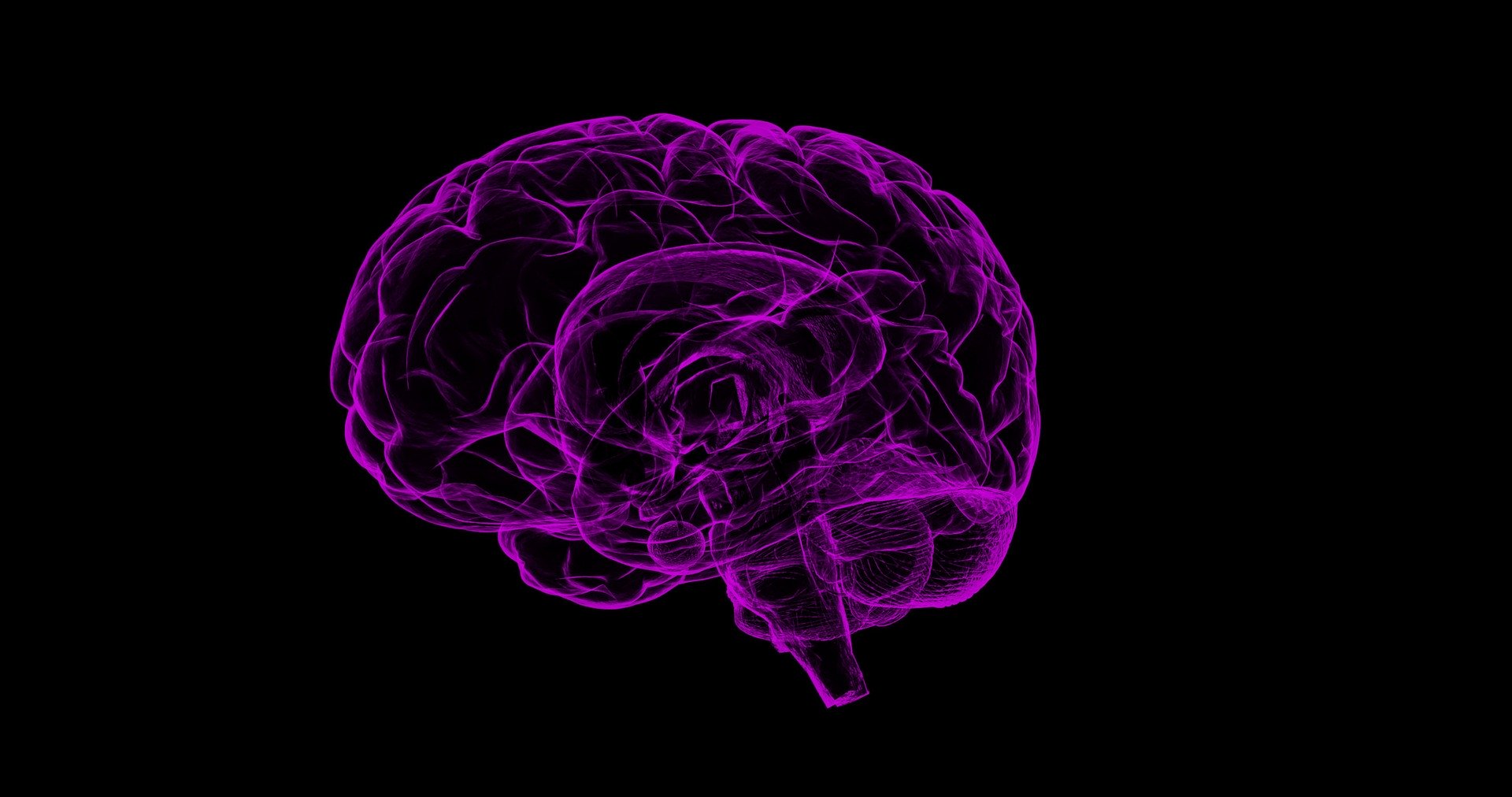The Brain 18 to 24
Generally, 18 is considered the beginning of adult life, though some people might consider 21 the true start of their adulthood. Is even 21 late enough? Many neuroscientists don’t think so.
Generally, people’s brains are still maturing all the way up to age 25. Until then, teens and young adults don’t have fully developed prefrontal cortices, the part of the brain that is used to make rational decisions. Not only do young adults not have fully developed prefrontal cortices but they have no experience in using their prefrontal cortices to make logical decisions. Instead, they use the amygdala, which focuses on emotions rather than logic influencing long-term consequences (1).
For example, imagine Andy, at 27, had a friend who called his girlfriend a derogatory name. Andy becomes indignant and considers brawling with his friend. However, they are a restaurant that Andy wants to maintain a positive relationship with. Therefore, Andy, through his rational judgement, determines his friend was just a little intoxicated from the alcohol they were enjoying. Andy wants to be understanding and helps his friend out, so he finds someone to drive his friend home. Andy decides to have a calm conversation with his friend when his friend fully aware of himself. Also, by the time his friend is fully functional, Andy would have calmed down. This is a great example of prefrontal cortices at work. Continually experiencing and successfully handling delicate situation such as helping a drunk friend allows Andy to develop and use rational thinking down the road.
Andy dealt with the same situation when he was 20. His friend calls his girlfriend a name, and he let his anger control his actions. His brain, which makes decisions using emotions at the best of times, does not leave room for him to think of anything. This time, he does get in a fight with the friend, unable to even realize he will get kicked out of one of his favorite restaurants in addition to losing one of his best friendships over something that could possibly be talked through. Because he is using his amygdala to choose his actions, Andy acted inappropriately based on short-term gratification.
Most parents of young adults can tell you that the second scenario is not overblown at all. Some teens may seem more responsible than others, and it is true that not all brains mature at the same rate, but it is worth considering how much trouble people can get into even 7 years before their brain is fully mature.
Citations:








